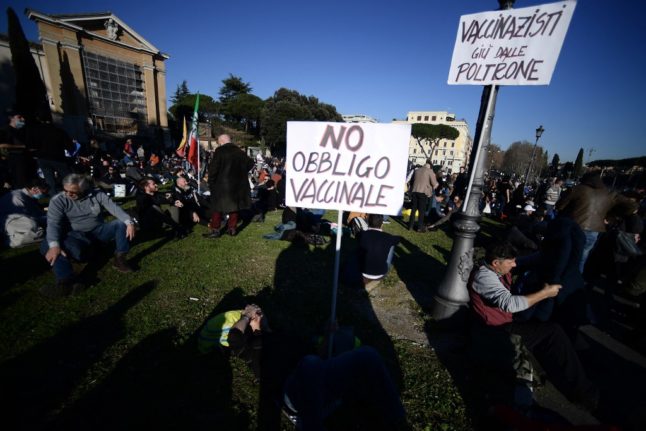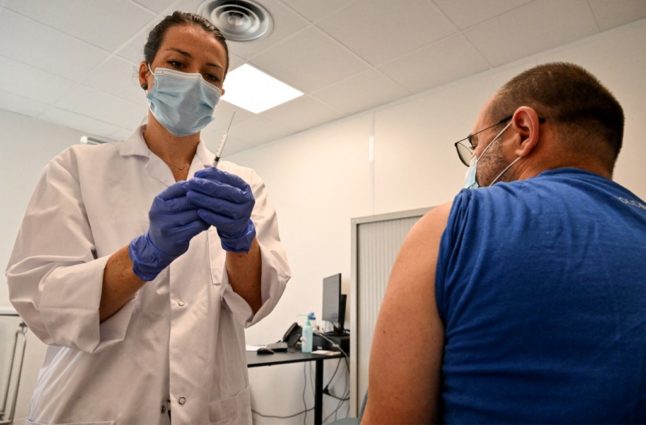The Robert Koch Institute reported an increase to 5.0 infections per 100,000 inhabitants, up from 4.9 the day before.
According to the figures, Germany’s local health offices reported 559 new infections to the RKI within 24 hours. That was a slight increase on a week ago, when 538 new infections were reported.
The last time that an increase in infections was reported was on June 2nd, which followed a similar slight increase on June 1st. Both of those days proved to be blips in a downward trend that started in late April, when the 7-day incidence stood at 169.3.
With the more contagious Delta variant rapidly becoming the dominant strain of the virus in Germany, epidemiologists expect that the downward trend in cases will slow down in the coming weeks.
A further seven deaths were reported on Sunday. Some 3.7 million people in Germany have now tested positive for an infection with Sars-Cov-2 since the pandemic began earl last year.
The number of people who have died from or with the involvement of a confirmed infection with Sars-CoV-2 now stands at 91,030.
Most Germans expect new restrictions in autumn
A large majority of Germans expect rising levels of infection and new government restrictions in the autumn despite the fact that the vaccine campaign is progressing roughly on target.
In a survey conducted by the opinion research institute YouGov on behalf of DPA, 76 percent said they expect the number of infections to go back up again in the autumn.
Seventy-four percent expect measures against the pandemic to be tightened in the autumn. Only 16 percent think there will be no new restrictions. Ten percent did not know.
The German government pledged last week that fully vaccinated people would not be subjected to another lockdown in the future.
READ MORE: Germany recommends mRNA Covid vaccine after AstraZeneca




 Please whitelist us to continue reading.
Please whitelist us to continue reading.
Member comments